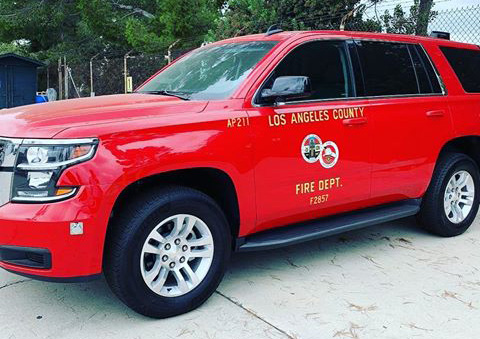Before we blindly say "education is the answer to everything" I think it's time we redefine what our educational pathways are and what we envision our role in the street to be.
I just checked our local Community College EMS degree program and it's primarily the paramedic certification class plus A&P and a handful of general education classes. Having just finished up gross anatomy (it was not a pre-req for medic school back when I went), I can say that it's overkill for most paramedics. So this leaves us with a block of gen ed classes which offer little to the day to day practice in America. If we're going to get serious about this, we need to develop an EMS curriculum that actually contribute to the day to day practice of paramedics in the area.
Next I think we need to take a hard look at actual expectations of paramedics in this country. Like it or not, in modern EMS most of the calls are non critical in nature and our public expects to be taken to the ER without much debate. This does not require a degree, and I would agree with what you're naturally thinking "it doesn't require a paramedic either" and I'd agree, but for many areas of the country this is yet another major system overhaul.
I'm not opposed to a complete overhaul of the system, going back to a true tiered system, and even adding advanced practice providers into the mix. Don't forget, though, that in this push we'd likely lose a lot of actual paramedic positions across the nation. While paramedics would likely make more, there would be less, and I think you could argue that overall EMS salary average would actually drop.
Finally, to the jab at the IAFF as being the stonewall to EMS. Is it at all possible that it has more to do with a cost/benefit analysis, given the current practice environment, as opposed to just a hatred towards EMS? Departments in my area can't get enough applicants as it is and are regularly exhausting lists without filling all positions. It already takes approximately 2-3 years to complete FF-2, EMT-B, and then Paramedic. Imagine adding 1-2 more years of college level coursework on top of that. So what about hiring somoene and then sending them to school.. Who pays for their classes? Who pays for their time off? I've yet to see a college program that was unit-day friendly (online classes notwithstanding, but online classes aren't for everyone).
TL

R - this issue is FAR more complicated than just "require more education to advance the profession".


